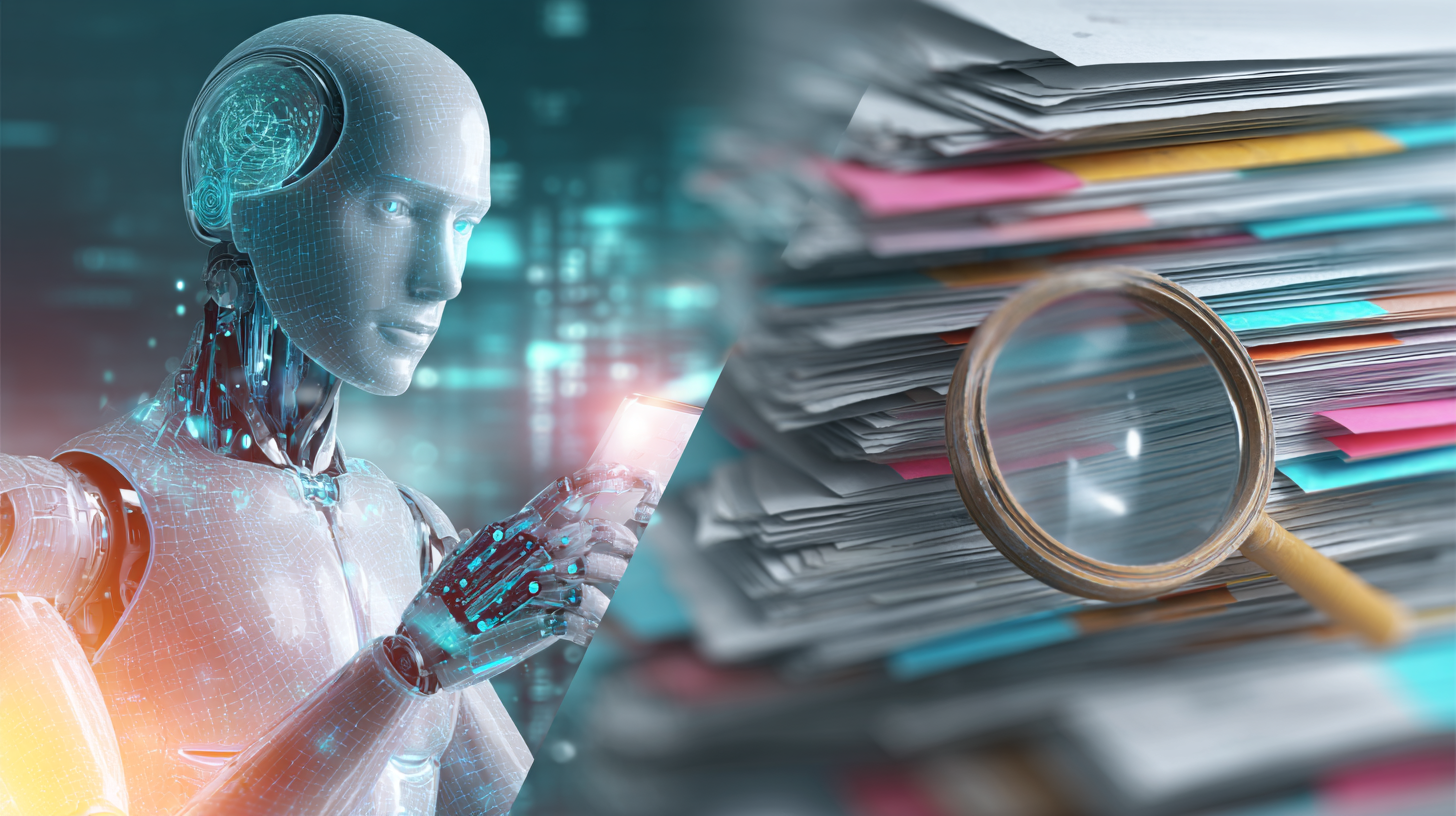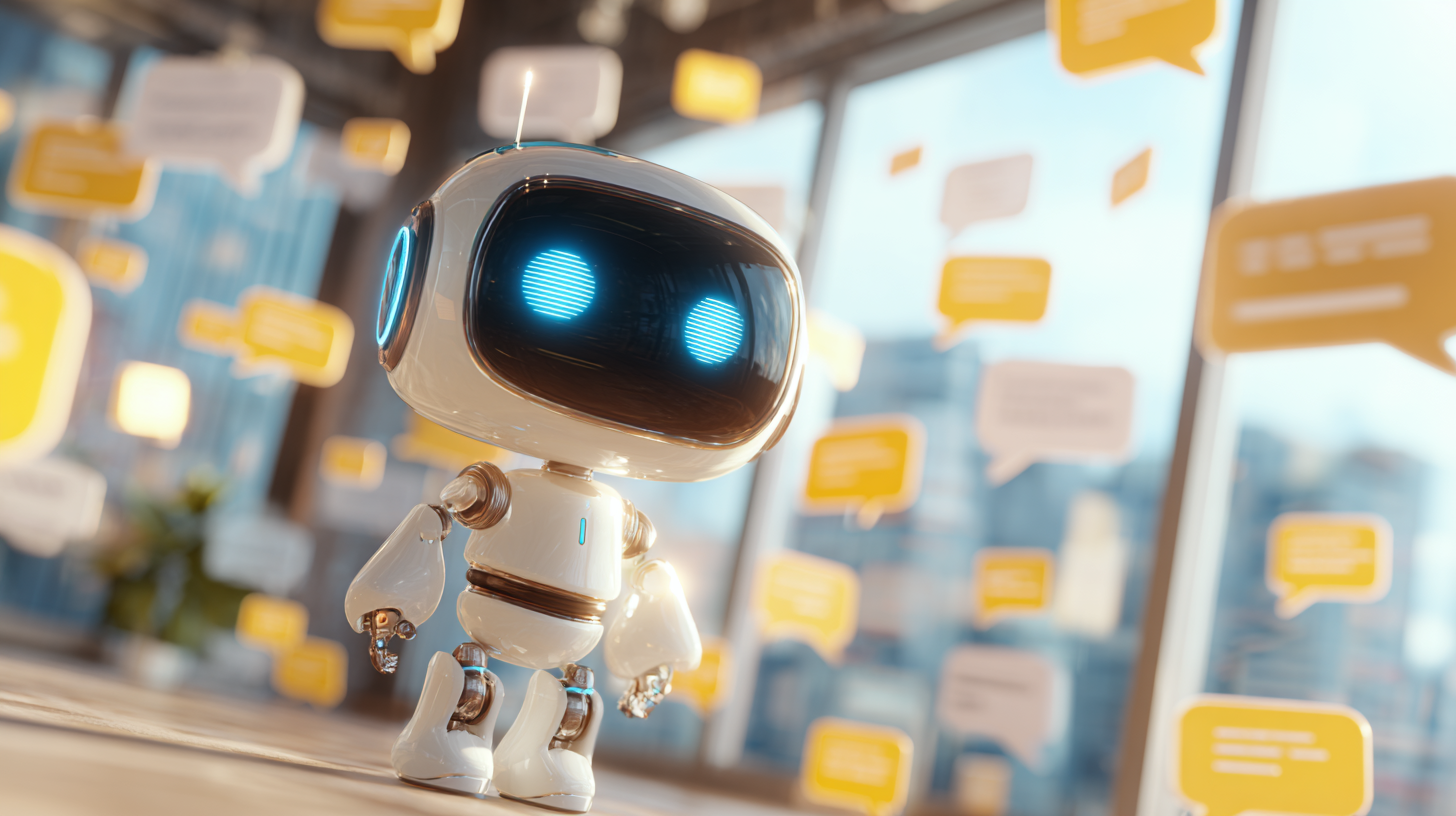How AI is Reshaping Google Search
Introduction: The End of Traditional Search
For decades, Google Search dominated the internet with a simple formula: type in a few keywords, receive a list of relevant links. Businesses optimized their websites using SEO strategies to rank higher, and users learned how to search efficiently.
But that era is ending. Google is undergoing a dramatic transformation, driven by the rise of artificial intelligence. With the introduction of the Search Generative Experience (SGE), Google is no longer just a search index – it’s evolving into an intelligent answer engine.

What is the Search Generative Experience (SGE)?
SGE is Google’s bold leap into generative AI-powered search. Instead of showing a list of blue links, Google now offers AI-generated answer blocks directly at the top of the page. Powered by language models like Gemini or PaLM 2, these blocks synthesize information from millions of sources in real time.
The new interface resembles a chatbot: central answer sections, suggested follow-up questions, and a few reference links. This isn’t just search – it’s a real-time dialogue.

AI’s Impact on Information Architecture
The traditional link-based architecture of search results is being replaced with “AI Snapshots” – summarized blocks of machine-generated content, often sourced but not always clickable. The importance of classic SEO drops significantly. What matters now is clarity, structure, and machine-readable content.
For content creators, this means adapting to formats that AI can digest easily: structured data (JSON-LD), FAQ schemas, and context-rich semantic markup are the new foundation of digital visibility. If your content isn’t optimized for machines, it may never appear – no matter how good it is for humans.

Changing User Behaviour
This transformation isn’t just technical – it fundamentally changes how users interact with information. People now search in conversations, expecting immediate answers rather than clicking through multiple sites. Search queries are becoming more natural, more specific, and often resemble spoken language.
As AI-generated results become more accurate, trust increases – especially among younger users. But as attention shifts from websites to direct answers, traditional link-click behavior is rapidly declining.

Risks and Criticism of AI-Powered Search
With power comes responsibility – and significant risks:
-
Opacity: Users don’t know how or why specific results are generated.
-
Bias and limited perspective: AI chooses the narrative, potentially filtering out minority or alternative viewpoints.
-
Hallucinations: Even advanced models still make factual mistakes – a problem in sensitive areas like medicine, finance, or law.
There’s also concern that Google, by generating its own answers, becomes both gatekeeper and publisher, weakening independent web publishers’ visibility.
Opportunities for Companies and Platforms
Still, this disruption offers new strategic opportunities – especially for companies that adapt quickly. Brands that produce AI-digestible content may gain more visibility than ever before, even outside the SEO battlefield.
That’s where platforms like bloola come in. As a knowledge and data structuring platform, bloola helps organizations turn raw information into AI-ready content. Through semantic tagging, structured outputs, and smart workflows, bloola enables teams to create content that’s both human-readable and machine-readable.
In a world ruled by AI-generated overviews, clarity and structure are the new SEO.

Conclusion: From Link Lists to Intelligent Dialogue
Google is no longer just a search engine – it’s becoming a knowledge assistant. The shift from keyword navigation to conversational AI is already here, and it’s changing everything.
For users, this means faster, more relevant answers – but also growing dependence on algorithms. For content creators, the message is clear: adapt or become invisible. Understanding AI-driven search and optimizing your content for it is the new foundation of online presence.
And for platforms like bloola, this transformation is an opportunity to bridge the gap between humans, knowledge, and AI.
Source
Share this
You May Also Like
These Related Stories

The Shifting Landscape of Information Retrieval: AI vs Google Search

The AI revolution in B2B commerce: Navigating the new frontiers of information, customer behavior, and go-to-market strategy


